Who better to ask about Cognitive Behavioural Therapy than Shay Rosenthal, an NHS-accredited CBT therapist. In this Q&A, Shay tells us how CBT differs from traditional counselling by giving individuals the power to tackle negative thought cycles and develop greater resilience.
Get ready to unlock the power of the mind!
Looking for employee benefits to help support the health and mental wellbeing of staff? Email our friendly team of brokers at hello@hoorayinsurance.co.uk or call 01273 222805.
- 1 A little bit about Shay Rosenthal and Health in Mind
-
2
Interview with an expert
- 2.1 How would you describe CBT?
- 2.2 Why did you get involved in the mental health field?
- 2.3 What made you go down the CBT route?
- 2.4 Was there a pivotal moment when you recognised the importance of CBT?
- 2.5 Do you have any examples of how you’ve helped someone with CBT?
- 2.6 Why would someone choose CBT over other forms of therapy?
- 2.7 Is CBT mainly used to help with stress and anxiety?
- 2.8 Can CBT help with workplace wellbeing?
- 2.9 Have you witnessed successful incorporations of CBT into businesses?
- 3 Looking to invest in the wellbeing of your staff?
A little bit about Shay Rosenthal and Health in Mind
Shay is a CBT therapist at Health in Mind, an NHS organisation providing courses, counselling, and many more mental health services that help with stress, anxiety, and depression. The organisation has an array of professionals working within it, including:
- Qualified CBT therapists
- Psychological Wellbeing Practitioners
- Primary Care Mental Health Practitioners
- Practitioners qualified in Mindfulness, EMDR for post-traumatic stress, interpersonal therapy, and counselling for depression
All services are free and available to adults over the age of 18 living in the East Sussex area (excluding Brighton & Hove).
Interview with an expert
How would you describe CBT?
Cognitive Behavioural Therapy (CBT) is a therapy approach addressing the links between thoughts, feelings and behaviour. CBT turns our awareness to the way we think about things and how this impacts how we feel and how we act, and allows us to pick out psychological patterns.
In CBT, we work together with the client to understand how these patterns can develop into a negative thought-cycle over time. This then gives us clues on what steps to take to move towards a more healthy and helpful way of approaching behaviour.
Through therapy sessions, we help clients build up skills to then challenge typical ways of thinking and approaching situations. Often this approach can be challenging, especially at the beginning. Attempting to foster new ways of thinking isn’t easy and old habits die hard! But going outside of your comfort zone just enough to enable growth is an important feature of CBT.
Why did you get involved in the mental health field?
Even as a child I was interested in the world of therapy! I remember watching TV shows like ‘Frasier’ or movies like ‘Analyse This’ and finding it really fascinating that people could go somewhere to talk about their problems and that it helps them feel better.
I also had a number of experiences in life with family and friends going through their own struggles with mental health. Seeing some of the support they received and how it helped them was really motivating for me. I started wanting more and more to be able to give that to others and it became the most important thing that I could see myself doing in life.
What made you go down the CBT route?
After gaining experience in the mental health sector, I wanted to further my qualifications to learn new ways to support people. I enrolled on a post-graduate course at The University of Sussex which focused on CBT techniques for mood and anxiety difficulties for children and young people. The practical and structured nature of CBT was immediately appealing because it was clear to me how this form of therapy helps people build the confidence to make changes in their lives.
Once I could see how these simple but effective ideas help to make life easier for people struggling, I realised that this was something worth dedicating myself to.
Extra reading: Build a mental health strategy in 5 easy steps.
Was there a pivotal moment when you recognised the importance of CBT?
Absolutely!
As I got further into CBT, it was very apparent the power of changing our day-to-day behaviour and approaches had over how we think and feel. In myself, I was able to feel less anxious in situations by challenging my thinking and overcoming the urge to avoid. Over time I could see how powerful yet straightforward CBT can be in making people’s lives better in such a short space of time.
Do you have any examples of how you’ve helped someone with CBT?
I was working with a client who was stuck in an episode of depression and anxiety, finding himself with low motivation and feeling incapable of facing work or social events. This created a sense of hopelessness for them, causing their depression and anxiety to worsen.
We gradually developed a new pattern of approaching things and finding new perspectives on what they were struggling with. Across these sessions, they were able to start engaging with life in a way that was more meaningful to them. Now they could see how they could do the things they wanted to do in life, building confidence again to overcome anxiety-provoking situations.
Why would someone choose CBT over other forms of therapy?
Although CBT is classed as a talking therapy, it is very much a “doing” therapy. Clients doing CBT should expect to push themselves to try out different approaches. Mapping out problems using diagrams to help understand what can keep their problems stuck in a loop. There’s an emphasis on weekly homework which is crucial for good outcomes in CBT.
This therapy is experimental and creative through trying new ways of thinking to help achieve goals. This can be quite different from other forms of talking therapy which can focus more on talking things through and making sense of experiences or decisions to come.
Is CBT mainly used to help with stress and anxiety?
CBT is an umbrella term to describe an approach focused on the link between thoughts, feelings and behaviours. There are many developed modes to help with specific problems such as social anxiety, depression, worry and addiction. Often, two people taking part in CBT will do completely different things depending on what they are working on.
Can CBT help with workplace wellbeing?
Oh absolutely!
For anything impacting our working lives, we can benefit from using CBT to trace the problems and better understand what could be preventing something from resolving to then look for new ways to help manage it. CBT can be done with a therapist or used as a self-help tool accessible via online portals and digital apps – it all depends on the individual!
Have you witnessed successful incorporations of CBT into businesses?
I personally don’t have too much experience with this, but I do work with many employees who have used CBT through work to manage stress, anxiety and depression to get back to working at their best possible potential.
People talking about their struggles with burnout or stress is really helpful in the workplace. It helps to normalise that experience so people don’t feel so alone with what they’re struggling with.
All workplaces benefit from happier healthier staff, and we’ve discovered more and more that this can begin with our mental wellbeing. Promoting wellbeing days, flexi-working, time available for therapy appointments are just a few things that can help develop a culture of positive mental health.
Looking to invest in the wellbeing of your staff?
Establishing a mental health plan will make all the difference to your staff and the day-to-day running of your business. It’s all about leaving the line of communication open, and providing your staff with the services that can actually make a difference.
Many health insurance policies and cash plan arrangements now provide access to talking therapies like CBT. If you’re a business seeking to provide the best health and wellbeing policies to your employees, then you can contact our friendly team of advisors.
Hooray Health & Protection advises on a wide range of employee benefits policies, including Group Health Insurance, Life Insurance, Income Protection and much more.
Our friendly, award-winning, brokers provide FREE quotes and one-to-one advice to ensure you receive the perfect fit of employee benefits for your business and staff.
Call us on 01273 222805 or drop an email to hello@hoorayinsurance.co.uk for the best deals and FREE one-to-one advice and support.
Author

Author: Eleanor Chilvers

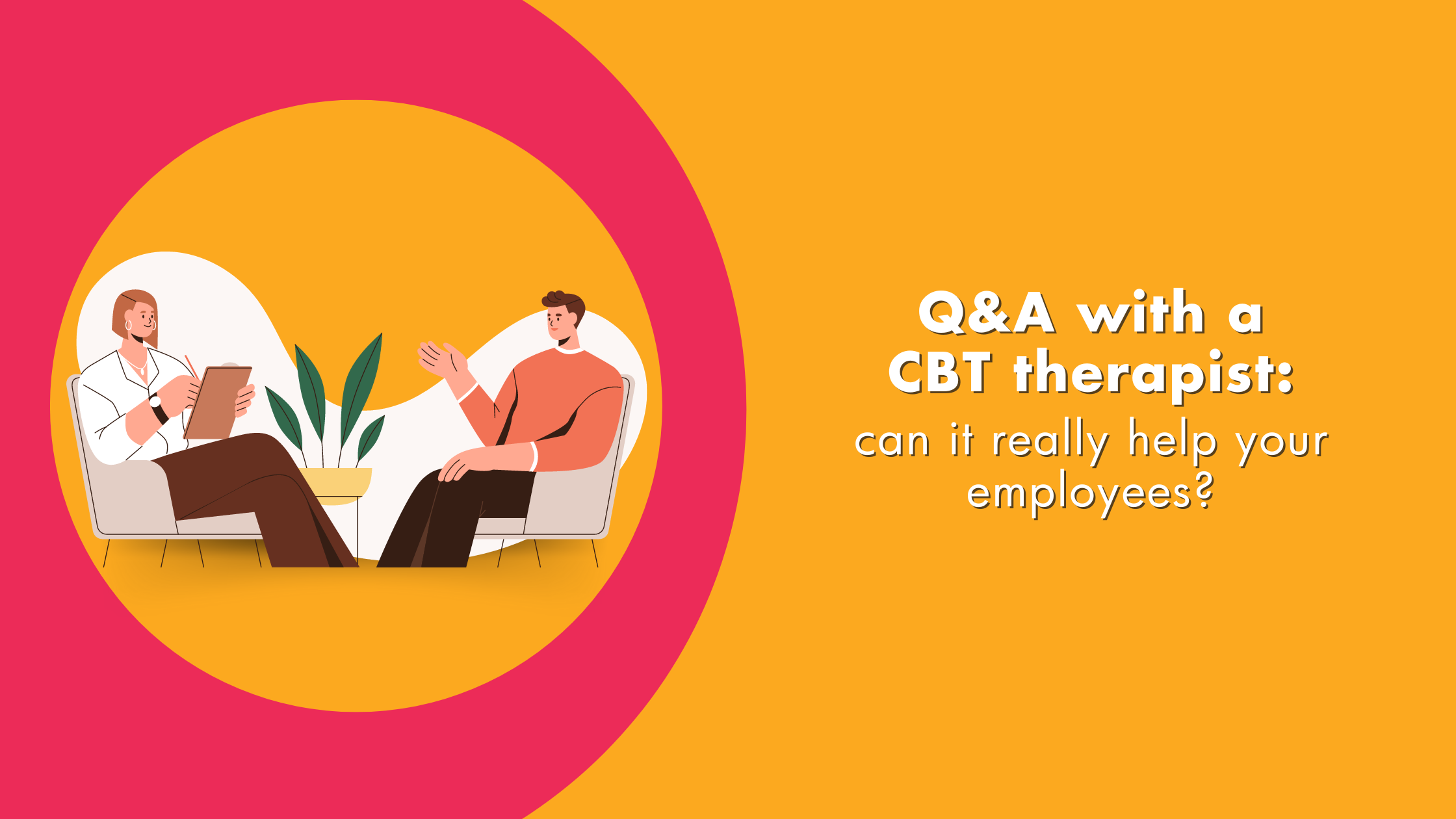
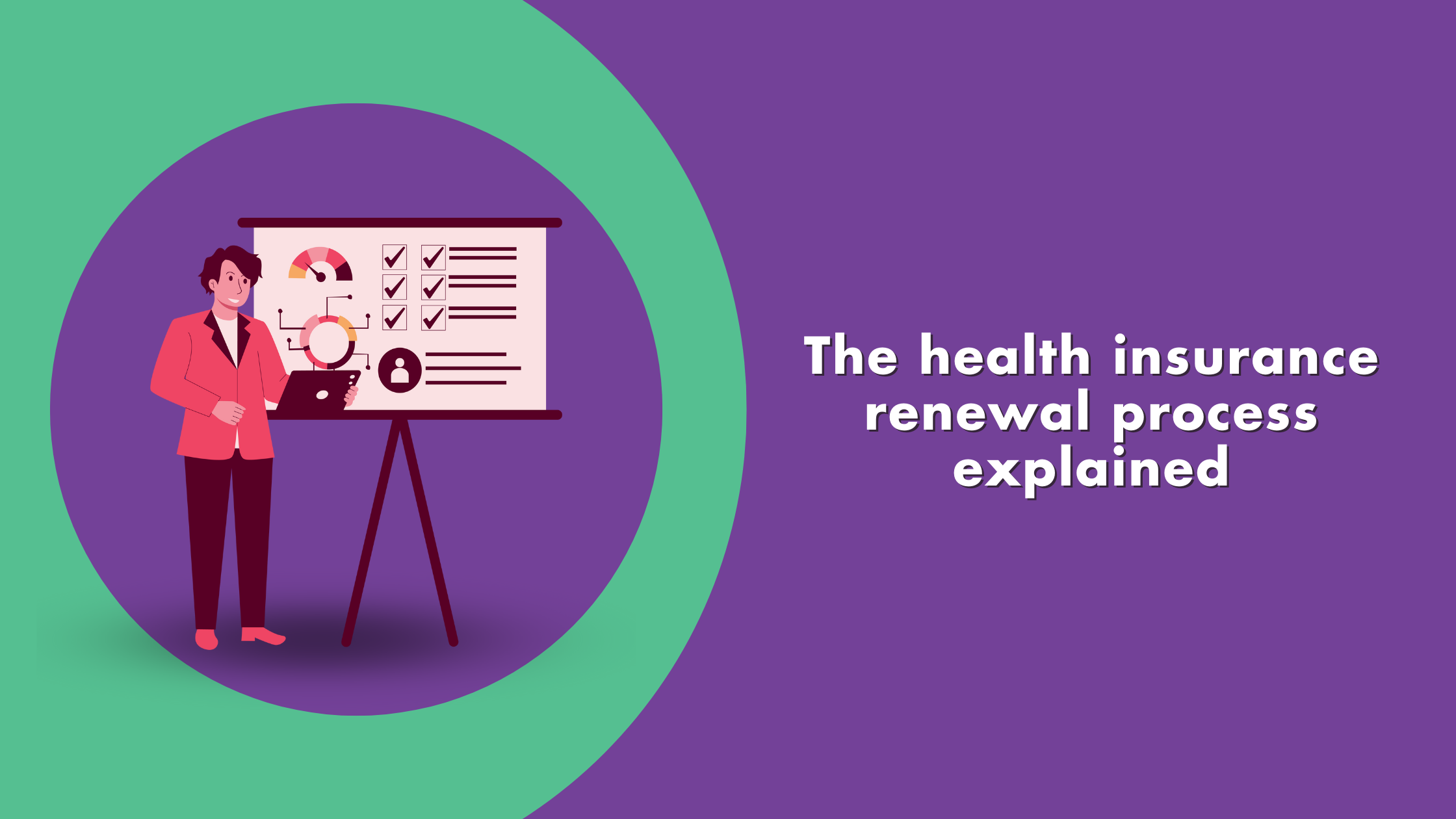
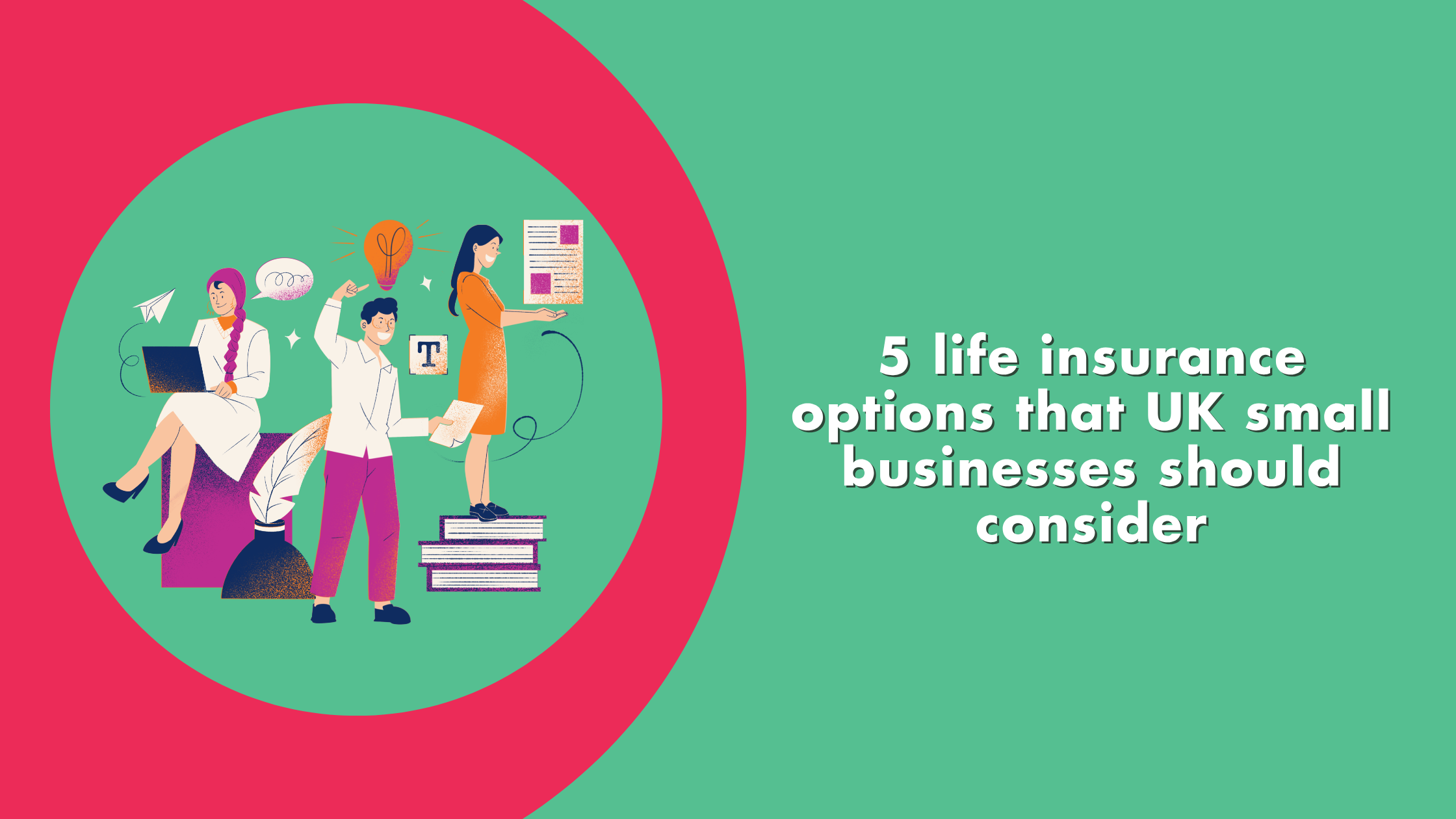
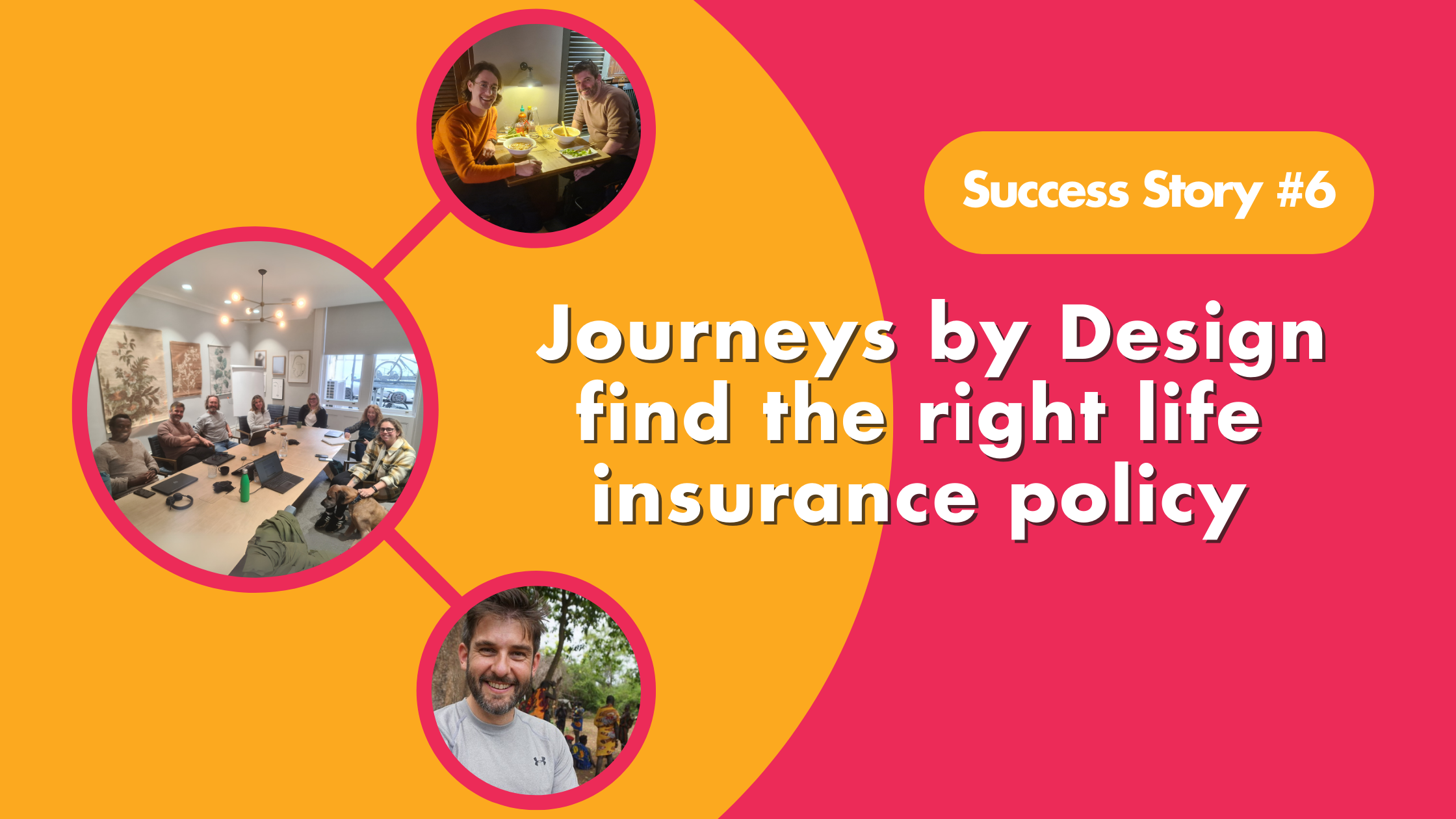
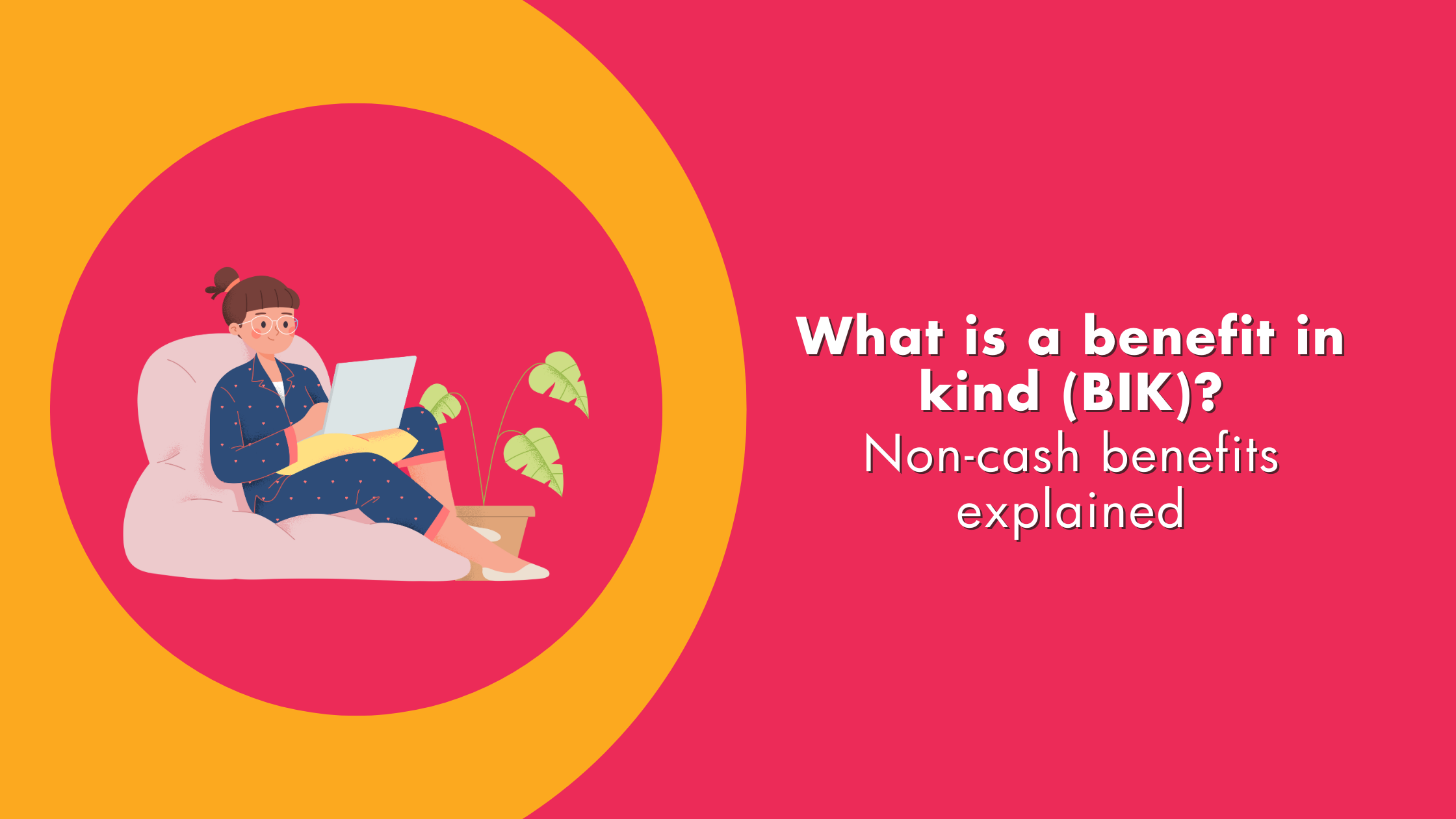


![_HPA24 Advice Firm of the Year [YELLOW] _HPA24 Advice Firm of the Year [YELLOW]](https://hoorayinsurance.co.uk/wp-content/uploads/elementor/thumbs/HPA24-Advice-Firm-of-the-Year-YELLOW-qwfw5zs3ef19fjq6cnwf697rj9gwqbf8o6443qptg0.png)
![_HPA24 Best Small Health Insurance Advice Firm [YELLOW] _HPA24 Best Small Health Insurance Advice Firm [YELLOW]](https://hoorayinsurance.co.uk/wp-content/uploads/elementor/thumbs/HPA24-Best-Small-Health-Insurance-Advice-Firm-YELLOW-qwfw5yu97kzz3xrji5hslrgaxvljimbic1gmmgr7m8.png)
![_HPA24 Best Sales & Retention Advice Team [YELLOW] _HPA24 Best Sales & Retention Advice Team [YELLOW]](https://hoorayinsurance.co.uk/wp-content/uploads/elementor/thumbs/HPA24-Best-Sales-Retention-Advice-Team-YELLOW-qwfw5yu97kzz3xrji5hslrgaxvljimbic1gmmgr7m8.png)
![_HPA24 Best Small Protection Advice Firm [YELLOW] _HPA24 Best Small Protection Advice Firm [YELLOW]](https://hoorayinsurance.co.uk/wp-content/uploads/elementor/thumbs/HPA24-Best-Small-Protection-Advice-Firm-YELLOW-qwfw5zs3ef19fjq6cnwf697rj9gwqbf8o6443qptg0.png)